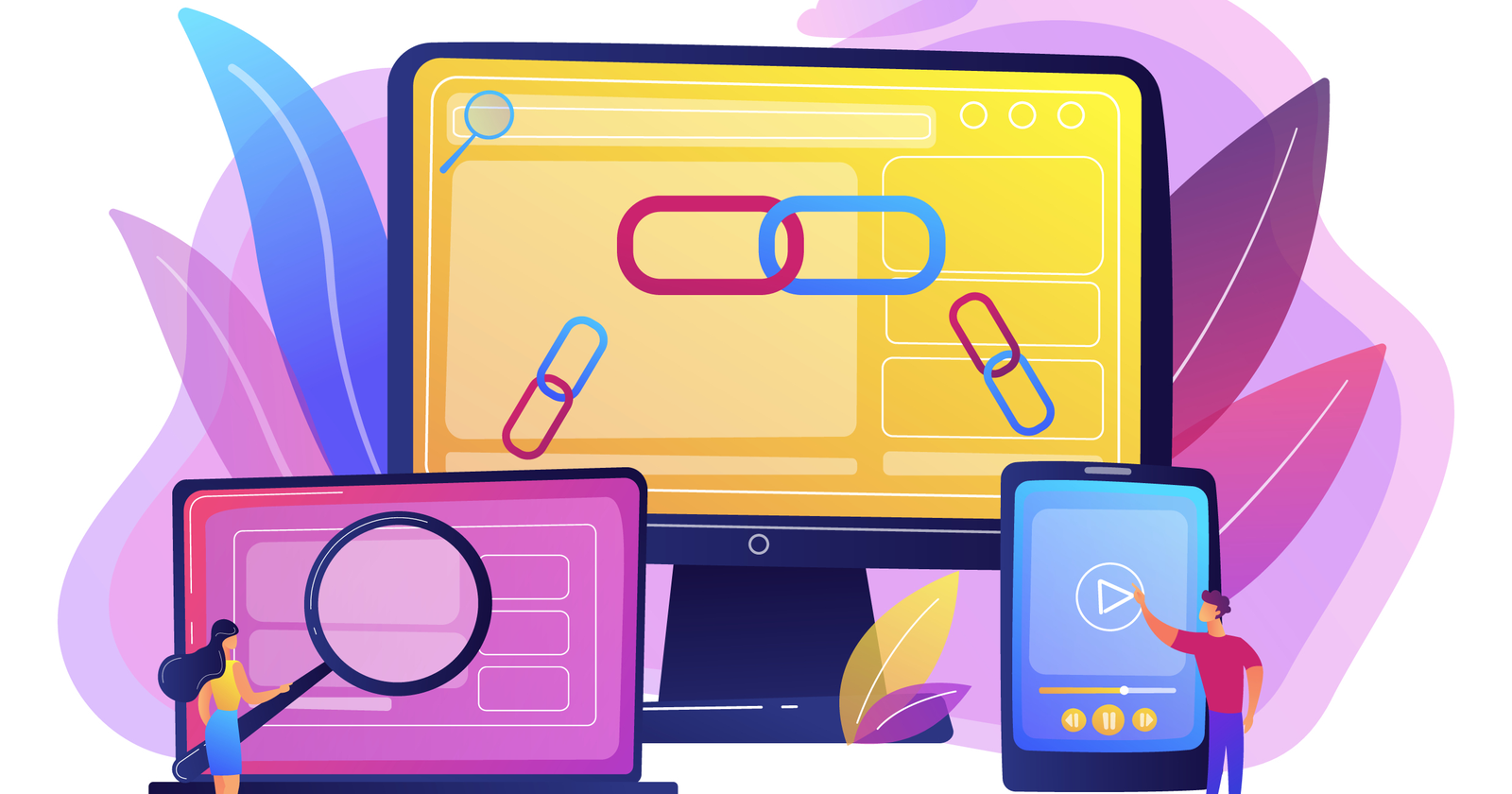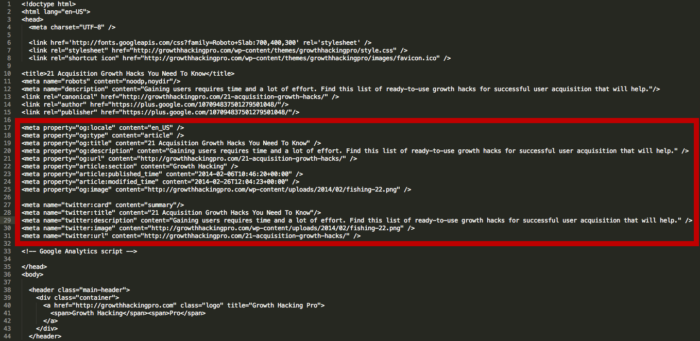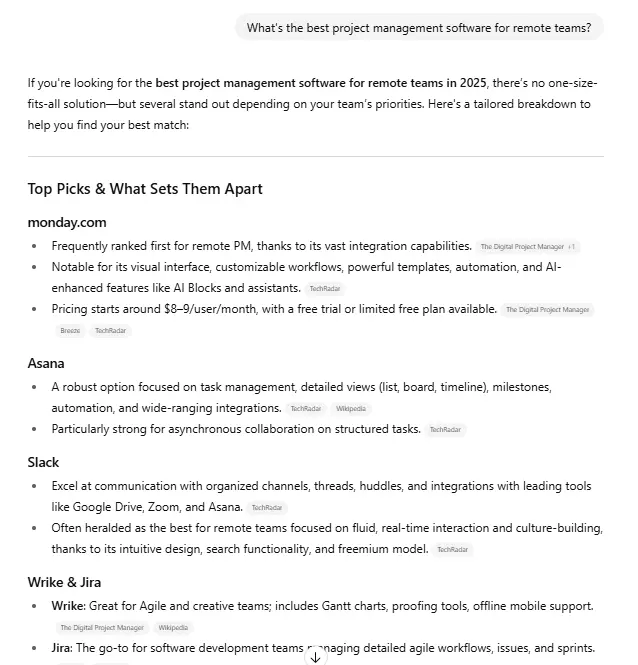8 Tips to Improve Your Call Handling Skills
In today’s fast-paced world, effective communication and customer service are paramount to success. Whether you’re handling customer inquiries, providing support, or closing deals, mastering call handling skills is crucial. Your ability to communicate, listen, and maintain a positive tone...

In today’s fast-paced world, effective communication and customer service are paramount to success. Whether you’re handling customer inquiries, providing support, or closing deals, mastering call handling skills is crucial. Your ability to communicate, listen, and maintain a positive tone can make or break your customer relationships and influence your business’s overall success. Let’s explore eight valuable tips to enhance your call handling skills and the positive impact they can have on your business.
1. Prioritize Customer Service Excellence
Customer service is the cornerstone of any successful business. Every call presents an opportunity to deliver exceptional service. Approach each interaction with empathy, patience, and a genuine desire to assist. Make the customer feel heard, understood, and valued. This not only builds trust and loyalty but also sets the foundation for positive word-of-mouth referrals.
Nobody sets out to deliver poor quality customer service. Too often, it’s the result of being overworked and stretched too thin. If your team is struggling to make customer service phone etiquette a real priority, try stepping back to look at the bigger picture. A call handling service can help relieve your employees of their administrative duties, allowing them to focus on in-person customer interactions while leaving the experts to take calls.
2. Hone Your Communication Skills
Effective communication is a two-way street. Clearly convey your message and actively listen to the customer’s needs. Use simple language, avoid jargon, and provide information in a concise manner. Be attentive to the customer’s responses and adjust your communication style accordingly. A well-communicated message reduces misunderstandings and creates a smoother interaction.
A customized call script can help you perfect these skills. Think about how much mental energy is spent deciding how to phrase things and what tone of voice to use. With a call script to work from, you’ve got the framework of a great conversation already figured out. While some people assume that scripts make things feel robotic, the opposite is actually true. By leaning on tools like call scripts, employees can jump right into the caller’s questions without worrying too much about introductions and other formalities.
3. Master Active Listening
Listening is an underrated skill that can significantly impact call handling. Give your full attention to the caller, avoiding distractions and interruptions. Let them express themselves fully before responding. Reflect on what they’ve said to demonstrate that you’ve understood their concerns. Active listening not only shows respect but also helps you gather relevant information to provide effective solutions.
Most people don’t really listen – they simply wait for their turn to talk. By flipping this idea on its head, you can foster conversations that get to the heart of your caller’s concern. Try mirroring what the caller is saying before you dive into problem solving. You’ll be surprised at how many miscommunications can be clarified with this one simple tip!
4. Perfect Your Tone of Voice
Your tone of voice carries a wealth of information, often conveying more than the words you say. Maintain a friendly, professional, and enthusiastic tone. Smiling while speaking can actually be heard in your voice, making the conversation more pleasant. Avoid sounding robotic or monotone; instead, infuse your voice with warmth and sincerity.
5. Empower Yourself with Product Knowledge
Confidence comes from knowledge. Be well-versed in your products or services so you can answer questions accurately and provide valuable insights. When customers sense your expertise, they are more likely to trust your recommendations and feel confident in their purchasing decisions. Continuous learning about your offerings demonstrates your commitment to providing top-notch service.
6. Handle Difficult Situations Gracefully
Not every call will be easy, and sometimes you’ll encounter irate or frustrated customers. Stay calm and composed, even in challenging situations. Show empathy by acknowledging their concerns and assuring them that you’re committed to finding a solution. Address their issues proactively and offer alternatives when possible. Successfully resolving difficult situations can turn a negative experience into a positive one.
Navigating difficult situations during call handling is a true test of your skills and professionalism. Maintaining your composure in the face of frustration or anger is essential. Going the extra mile to address their issues proactively and offering alternatives not only resolves immediate problems but also leaves a lasting positive impression.
7. Practice Time Management
Efficiency is key in call handling. Strive to address the customer’s needs while respecting their time. Avoid prolonged conversations that could lead to frustration. If a topic requires more in-depth discussion, suggest setting up a follow-up call or providing additional resources via email. Effective time management not only improves customer satisfaction but also enables you to assist more callers throughout the day.
Mastering time management in call handling goes beyond merely clocking shorter interactions. It’s about striking a balance between efficiency and the quality of customer service. By identifying the core concerns swiftly, you demonstrate respect for your customers’ time while ensuring their needs are met. This not only enhances customer satisfaction but also lays the groundwork for building lasting relationships. Efficient time management allows you to allocate more time to each caller, making them feel valued and heard.
8. Seek Feedback and Continuously Improve
Feedback is a valuable tool for growth. Encourage customers to provide feedback on their call experience, whether through surveys or direct questions. Analyze this feedback to identify areas for improvement. Additionally, consider regular training sessions to enhance your team’s call handling skills. Embracing a culture of continuous improvement ensures that your call handling remains aligned with evolving customer expectations.
A Commitment to Quality
Mastering call handling skills is a journey that requires dedication and practice – each skill contributes to creating memorable customer interactions. The benefits extend beyond individual calls, positively impacting customer retention, sales, brand reputation, customer insights, and your competitive position. By embracing these eight tips and continually refining your call handling approach, you’ll not only provide exceptional customer experiences but also propel your business to new heights.

 AbJimroe
AbJimroe 































